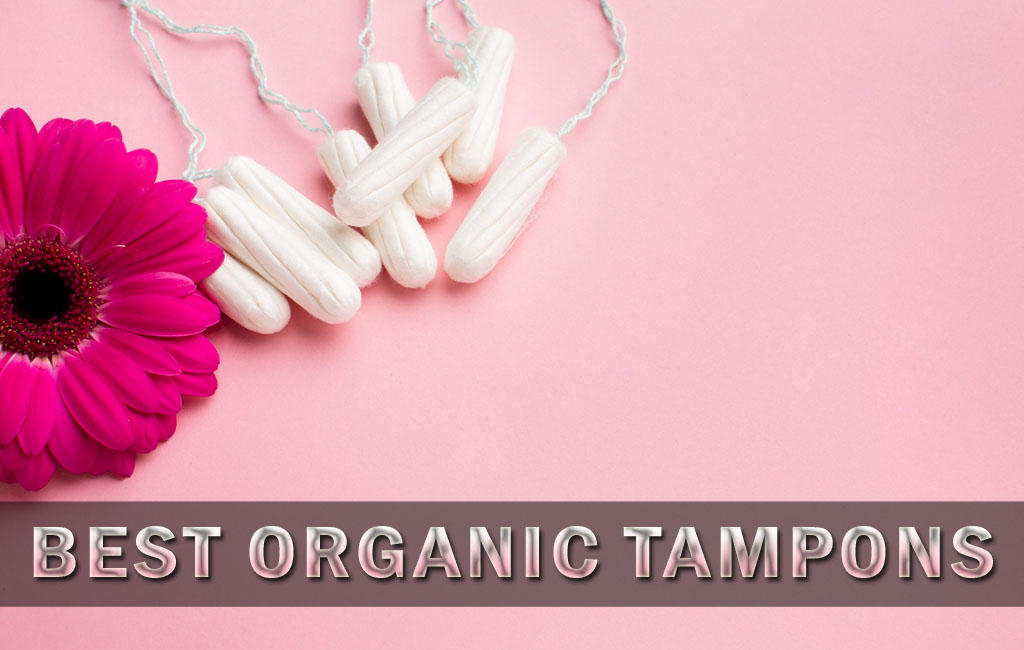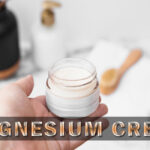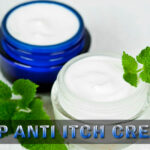Why Choose Organic Tampons?
Organic tampons are made from 100% certified organic cotton without the use of synthetic chemicals, pesticides, or dyes. This makes them safer for your body and environmentally friendly. Here are some key reasons to make the switch:
Health Benefits
- Free from harmful chemicals, fragrances, and synthetic fibers.
- Reduces the risk of irritation, allergies, and infections.
- Gentle on sensitive skin and internal tissues.
Environmental Benefits
- Biodegradable and compostable materials reduce landfill waste.
- Eco-friendly manufacturing processes conserve water and energy.
- Supports sustainable farming practices for organic cotton.
Comfort and Performance
- Soft, absorbent cotton provides comfort and reliable protection.
- Reduces dryness or irritation often caused by synthetic fibers.
- Available in various absorbency levels for day and night use.
Key Factors to Consider Before Buying Organic Tampons
Before purchasing the best organic tampons, it’s important to understand the factors that affect their performance and suitability.
Material
Always choose 100% certified organic cotton. Avoid tampons with rayon or synthetic fibers as they may contain chemical residues.
Absorbency
Tampons come in multiple absorbency levels, from light to super plus. Selecting the right absorbency ensures comfort and prevents leakage.
Applicator vs. Non-Applicator
Applicator tampons provide easier insertion and a cleaner experience, while non-applicator tampons are eco-friendlier due to less packaging.
Packaging and Eco-Friendliness
Choose brands that use biodegradable or recycled packaging to reduce environmental impact.
Price vs. Quality
High-quality organic tampons may cost more, but they are safer for your health and the planet. Investing in premium products ensures comfort, performance, and long-term safety.
Top Best Organic Tampons in 2025
Here are some of the top-rated best organic tampons available in the market today:
1. Organyc Organic Cotton Tampons
Organyc offers soft, chemical-free tampons made from 100% organic cotton. Their smooth applicator ensures easy insertion, and the high absorbency levels cater to all flow types.
- Pros: Certified organic, biodegradable, gentle on skin.
- Cons: Slightly higher price than conventional tampons.
2. Cora Organic Tampons
Cora provides eco-friendly, toxin-free tampons with a smooth cotton applicator. They are sustainably packaged and donate a portion of profits to girls’ education globally.
- Pros: Sustainable, ethical brand, multiple absorbency options.
- Cons: May be difficult to find in local stores.
3. Seventh Generation Tampons
Seventh Generation tampons are chlorine-free and made from organic cotton. The brand focuses on environmentally responsible manufacturing and biodegradable packaging.
- Pros: Affordable, widely available, environmentally conscious.
- Cons: Non-applicator options may be less convenient for beginners.
4. Rael Organic Cotton Tampons
Rael tampons are soft, hypoallergenic, and 100% organic cotton. The applicator is designed for comfort, and the brand promotes sustainable production practices.
- Pros: Smooth insertion, certified organic, cruelty-free.
- Cons: Packaging could be more eco-friendly.
5. Lola Organic Tampons
Lola provides stylish, individually wrapped tampons made from certified organic cotton. Their subscription model ensures convenience and consistent supply.
- Pros: High-quality cotton, stylish packaging, subscription option.
- Cons: More expensive than conventional options.
How to Use Organic Tampons Safely
Even with the best organic tampons, proper usage is essential for safety and hygiene:
Step-by-Step Guide
- Wash your hands thoroughly before handling a tampon.
- Select the appropriate absorbency for your flow.
- Insert the tampon using the applicator or finger for non-applicator types.
- Ensure the tampon is comfortable and fully inserted.
- Change every 4–8 hours to avoid Toxic Shock Syndrome (TSS).
- Dispose of used tampons responsibly—do not flush biodegradable tampons if not recommended by the brand.
Tips for Preventing Irritation
- Rotate tampon use with organic pads or menstrual cups if needed.
- Avoid scented tampons to reduce chemical exposure.
- Stay hydrated and maintain overall hygiene during periods.
Maintaining a Healthy Period with Organic Products
Switching to organic tampons is only part of maintaining a healthy menstrual routine. Consider the following tips:
Alternative Products
Use menstrual cups, organic pads, or period underwear to reduce chemical exposure and environmental impact.
Proper Storage
Keep tampons in a cool, dry place to maintain their integrity and prevent bacterial growth.
Monitoring Your Body
Pay attention to any unusual irritation or discomfort and adjust absorbency or brands as needed. Organic tampons reduce risks but individual sensitivity varies.
Conclusion
Choosing the best organic tampons is a health-conscious and eco-friendly decision. By selecting high-quality, chemical-free, and sustainable products, you can enjoy safe and comfortable periods while contributing to a healthier planet. Explore brands like Organyc, Cora, Seventh Generation, Rael, and Lola to find the perfect fit for your lifestyle and flow.
Investing in organic tampons ensures comfort, safety, and peace of mind—making every period a healthier experience for you and the environment.
Frequently Asked Questions about Best Organic Tampons
What are the main benefits of using organic tampons?
Organic tampons are made from 100% certified organic cotton, free from synthetic chemicals and pesticides. They are gentle on sensitive skin, reduce the risk of irritation, and are environmentally friendly.
Are organic tampons safer than regular tampons?
Yes, organic tampons eliminate exposure to chlorine, fragrances, and synthetic fibers, making them a healthier choice for menstrual care compared to conventional tampons.
How do I choose the right absorbency level?
Select absorbency based on your flow. Light or regular for everyday use, super or super plus for heavier days. The best organic tampons usually come in multiple absorbency levels to meet different needs.
Can I use organic tampons if I have sensitive skin?
Absolutely. Organic tampons are hypoallergenic and free of irritants, making them ideal for those with sensitive skin or allergies.
How long can I wear a tampon safely?
It is recommended to change tampons every 4–8 hours. This applies to both conventional and organic tampons to prevent irritation or the risk of Toxic Shock Syndrome (TSS).
Are organic tampons biodegradable?
Most organic tampons are biodegradable and compostable, reducing environmental impact. Always check the packaging for specific disposal instructions.
What’s the difference between applicator and non-applicator tampons?
Applicator tampons provide easier insertion and are often more hygienic, while non-applicator tampons produce less waste and are more eco-friendly. Both types are available among the best organic tampons.
Can organic tampons prevent odors better than conventional tampons?
Yes. Organic tampons are free from chemical additives and fragrances, which can sometimes cause odor or irritation. The natural cotton absorbs menstrual flow effectively while keeping you comfortable.
Are there any tips for beginners using organic tampons?
Start with a regular absorbency applicator tampon. Wash hands before insertion, insert carefully, and practice relaxation techniques. Switching to organic tampons can take a few cycles to get fully comfortable.
How do I choose the best organic tampons for me?
Consider factors like absorbency, applicator type, cotton certification, eco-friendly packaging, and brand reputation. Trying a few trusted brands will help you find the most comfortable and effective option.



